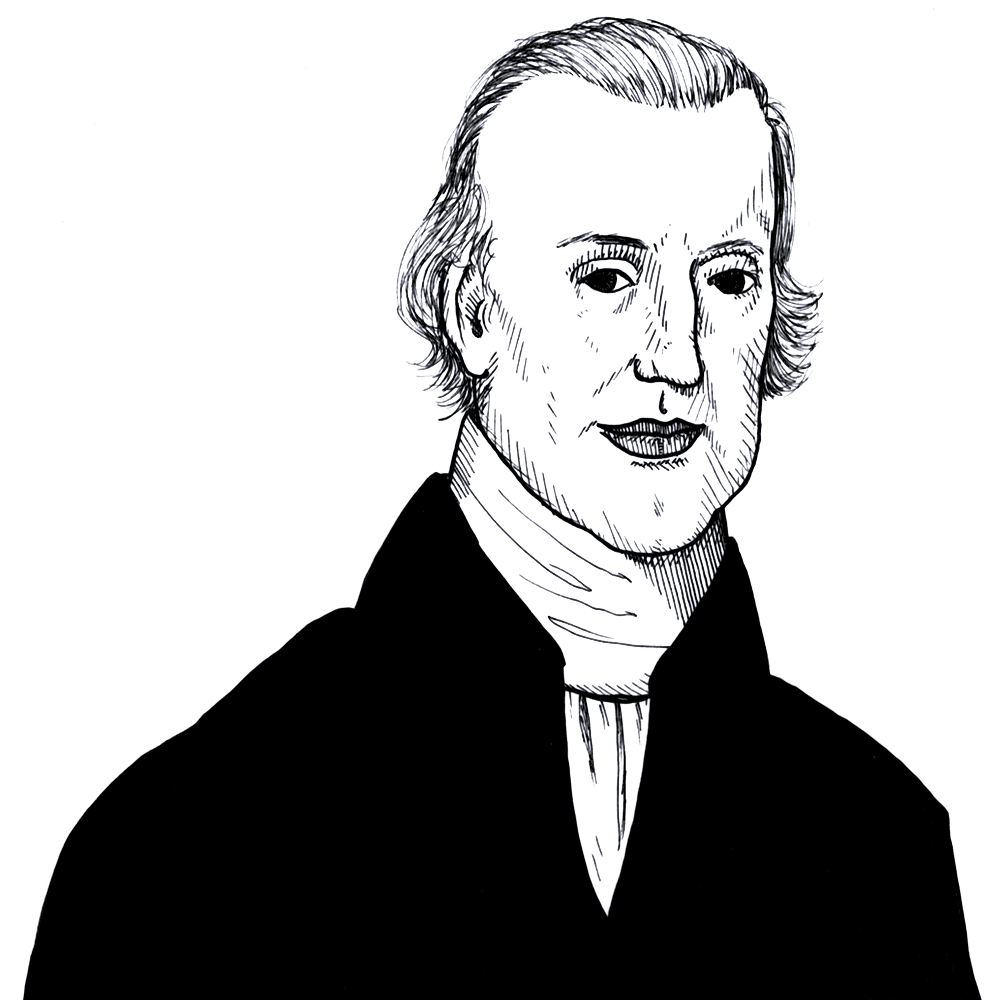
John Taylor and the rhetoric of liberty and tyranny (1814)
Found in: An Inquiry into the Principles and Policy of the Government of the United States
The Jeffersonian Republican John Taylor (1753-1824) warns us against the abuse of political phrases which are often used “to gull prejudice and varnish tyranny” by powerful vested interests:
Rhetoric of Liberty
Mr. Adams has cautioned us against the abuse of political phrases, whilst he reiterates the expressions ‘a mixed government; checks and balances; middle orders,’ without explaining the qualities or principles necessary to make those checks, balances or middle orders; or considering the influence upon this theory, from armies, patronage, corruption, the poverty of a nominal middle order, or the enormous wealth of a separate interest. … As governments change, names represent different things, but are often retained to gull prejudice and varnish tyranny.